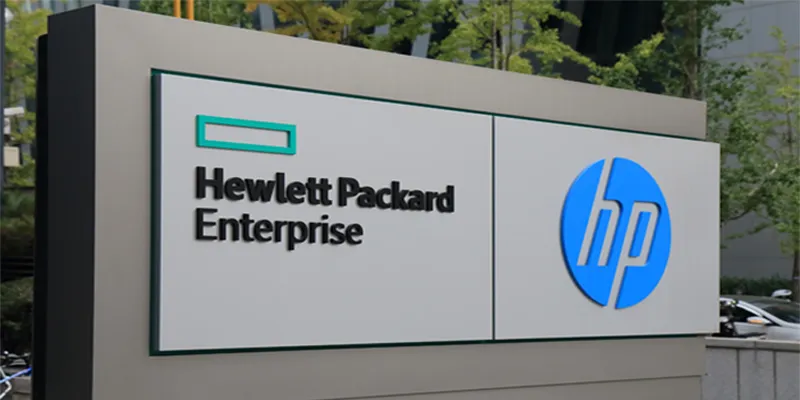HPE-owned Aruba eyes double-digit growth in India in 2018
With mobility on the rise amid enterprises aspiring to create modern, connected workplaces, Hewlett Packard Enterprise (HPE)-owned wireless networking major Aruba is looking for double-digit growth in India, top company executives have reiterated.

Aruba saw its business growing rapidly last year -- with over 67 percent growth -- and India has become one of its fastest-growing markets.
The company, acquired by HPE in 2015 for $3 billion, is today the leading provider of next-generation network access solutions for the mobile enterprise.
"Mobility is one factor that is on the rise in India, with more and more devices being connected. Aruba is targeting double-digit growth in the country in 2018. We are seeing more and more customers using our wireless networks that come with valuable insights for businesses to drive growth," Steve Wood, Vice President, Asia Pacific, Aruba, told IANS.
When it comes to R&D, core research is under way at Aruba's Bengaluru facility.
"We are living in an era where sensors are everywhere -- be it home appliances, IoT devices or consumer devices -- and we need to help those units connect to the edge of the network. At Aruba, we are focused towards achieving that 'intelligent edge' for sectors like education, health care, hospitality, retail and manufacturing," Wood emphasised.
Aruba has just bagged a big contract with an Indian bank with 5,000 branches to provide it with secure wireless networking solutions.
"It is still in the implementation stage so I can't reveal the name of the bank now. Last year, the government business was 48 percent of our revenue stream in the country," Santanu Ghose, Country Manager, HPE Aruba, told IANS.
"Small and Medium Business (SMB) is the fasted-growing market segment for us. We have been receiving almost 30 new customers every quarter. We had nearly 130 new customers in 2017," Ghose added.
Aruba's distributors and their partners -- as well as its own partners -- are helping the company reach more enterprises with its wireless offerings. It is also leveraging HPE partner framework to reach more businesses.
"Wireless network adoption is happening very fast in the country. Rural Internet penetration, which is 17 percent at the moment, needs to go up to 50 per cent with Wi-Fi and end-point connectivity. We have the strength to help the stakeholders achieve that," Ghose added.
Within SMBs, Aruba is looking at micro-verticals like health care, mobile campuses, and co-working offices.
"Wireless is becoming an infrastructure. Co-working offices and mobile campuses are triggering innovations beyond the concrete walls. New design campuses are coming up. Going wireless today is the key," Ghose told IANS, adding that small-scale manufacturing firms are also coming back into life.
When it comes to connecting governments and enterprises to the edge of the network, a secure, robust and agile wireless network is the need of the hour.
To address this, the company recently launched "Aruba 360 Secure Fabric" -- a security framework that provides 360 degrees of analytics-driven attack detection and response to help organisations reduce risk in the changing threat landscape.
"To prevent attacks, we have integrated User and Entity Behavioural Analytics (UEBA) into our central security piece called 'Clearpass'. This is now called 'Aruba IntroSpect' that will introspect behavioural anomalies -- be it a person or a device -- to gauge possible threats and mitigate those," Ghose informed.
Aruba is also innovating in UEBA by expanding the "Aruba IntroSpect" product family, enabling businesses to easily and rapidly scale machine-learned behaviour detection from small projects to full enterprise deployments.
The "Aruba 360 Secure Fabric" offers security and IT teams an integrated way to quickly detect and respond to advanced cyber attacks -- from pre-authorisation to post-authorisation across multi-vendor infrastructures, supporting enterprises of all sizes.
"At the centre of our security are Machine Learning (ML) and Artificial Intelligence (AI) which are integrated into our security network for a seamless, wireless connectivity," Ghose said.
According to Ghose, they haven't seen any known impact so far after the news of two security flaws in Intel and other chips shocked the tech world recently.
"We have not seen any known impact as of now. We also use chips other than Intel but there has been no impact on our operations," Ghose noted.







